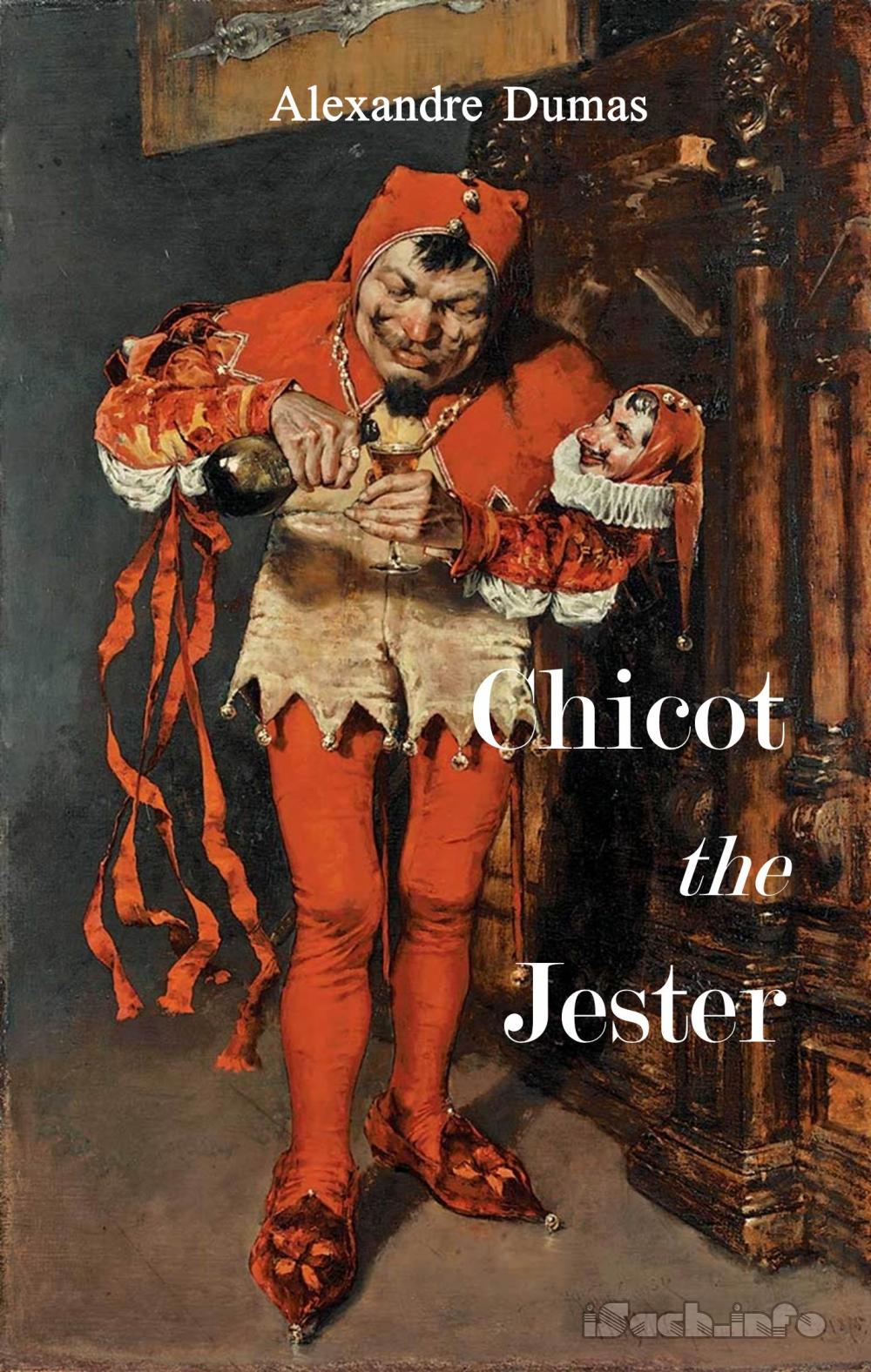Chapter 78: The Precautions Of M. De Monsoreau
S
t. Luc was right, and Jeanne was right, and Bussy soon acknowledged it. As for Diana, she gave herself up to the two instincts that Figaro recognizes as inborn in mankind, to love and to deceive. M. de Monsoreau grew better and better. He had escaped from fever, thanks to the application of cold water, that new remedy which Providence had discovered to Ambrose Paré, when all at once he received a great shock at hearing of the arrival in Paris of the duke with the queen-mother. The day after his arrival, the duke, under the pretext of asking after him, presented himself at his hotel, and it was impossible to close his door against a prince who showed so much interest in him. M. de Monsoreau therefore was obliged to receive the prince, who was most amiable to him and to his wife. As soon as he was gone, M. de Monsoreau took Diana's arm, and in spite of Rémy's remonstrances walked three times round his armchair; and, from his satisfied air, Diana was sure he was meditating on some project.The next day the duke came again, and this time Monsoreau walked round his room. That evening Diana warned Bussy that her husband had certainly some project in his head. A few minutes after, when Bussy and Monsoreau were alone, "When I think," said Monsoreau, "that this prince, who smiles on me, is my mortal enemy, and tried to have me assassinated by M. de St. Luc——"
"Oh, assassinated! take care, M. le Comte. St. Luc is a gentleman, and you confess yourself that you provoked him, drew the sword first, and received your wound in fair fight."
"Certainly; but it is not the less true that he obeyed the wishes of M. d'Anjou."
"Listen! I know M. de St. Luc, and I can assure you he is devoted to the king, and hates the duke. If your wound had come from Antragues, Livarot, or Ribeirac, it might be so; but not from St. Luc."
"You do not know," replied Monsoreau, obstinate in his opinion. At last he was able to go down into the garden. "That will do," said he; "now we will move."
"Why move?" said Rémy. "The air is good here, and there is plenty of amusement."
"Too much; M. d'Anjou fatigues me with his visits, and he always brings with him a crowd of gentlemen, and the noise of their spurs destroys my nerves."
"But where are you going?"
"I have ordered them to get ready my little house at the Tournelles."
Bussy and Diana exchanged a look of loving remembrance.
"What, that little place?" cried Rémy, imprudently.
"What! do you know it?"
"Who does not know the houses of the chief huntsman? particularly I, who lived in the Rue Beautrellis."
"Yes, yes, I will go there. It is a fortress, and one can see from the window, three hundred yards off, who is coming to visit you, and avoid them if you like, particularly when you are well!"
Bussy bit his lips; he feared a time might come when Monsoreau might avoid him. Diana thought of the time when she had seen Bussy in that house, lying fainting on the bed.
"You cannot do it," said Rémy.
"Why not, if you please, monsieur?"
"Because the chief huntsman of France must hold receptions—must keep valets and equipages. Let him have a palace for his dogs, if he likes, but not a dog-kennel for himself."
"It is true, but——"
"But I am the doctor of the mind as of the body; it is not your residence here that displeases you."
"What then?"
"That of madame; therefore send her away."
"Separate?" cried Monsoreau, fixing on Diana a look, more of anger than love.
"Then give up your place—send in your resignation. I believe it would be wise; if you do not do your duty, you will displease the king, and if you do——"
"I will do anything but quit the countess," said Monsoreau, with closely-shut teeth. As he spoke, they heard in the courtyard a noise of voices and horses' feet.
"The duke again!" cried he.
"Yes," said Rémy.
Immediately after the prince entered, and Monsoreau saw his first glance given to Diana. He brought to her, as a present, one of those masterpieces, of which the artists of that day were in the habit of producing two or three in the course of a lifetime. It was a poniard, with a handle of chased gold. This handle was a smelling-bottle, and on the blade a chase was carved with admirable skill; horses, dogs, trees, game, and hunters, mingled together in an harmonious pêle-mêle, on this blade of azure and gold.
"Let me see," cried Monsoreau, who feared there was a note hidden in the handle.
The prince separated the two parts. "To you, who are a hunter," said he, "I give the blade: to the countess, the handle. Good-morning, Bussy, you are then a friend of the count's, now?"
Diana reddened, but Bussy said:
"Your highness forgets that you asked me to inquire after M. de Monsoreau."
"It is true."
The prince sat down, and began to talk to Diana. In a few minutes he said, "Count, it is dreadfully warm in your rooms. I see the countess is stifling. I will give her my arm for a turn in the garden."
The husband looked furious.
"Give me an arm," said he to Bussy, and he got up and followed his wife.
"Ah!" said the duke, "it seems you are better."
"Yes, monseigneur, and I hope soon to be able to accompany Madame de Monsoreau wherever she goes."
"Good; but meanwhile, do not fatigue yourself."
Monsoreau was obliged to sit down, but he kept them in view.
"Count," said he to Bussy, "will you be amiable enough to escort Madame de Monsoreau this evening to my house at the Tournelles?"
"You cannot do that, monsieur," said Rémy.
"Why not?"
"Because M. d'Anjou would never forgive you if you helped to play him such a trick."
Bussy was about to cry, "What do I care?" but a glance from Rémy stopped him.
"Rémy is right," said Monsoreau, "it would injure you; to-morrow I will go myself."
"You will lose your place."
"It is possible; but I shall keep my wife."
The next day they went to the old house; Diana took her old room, with the bed of white and gold damask. A corridor only separated it from that of the count. Bussy tore his hair with rage.



 ePub
ePub A4
A4